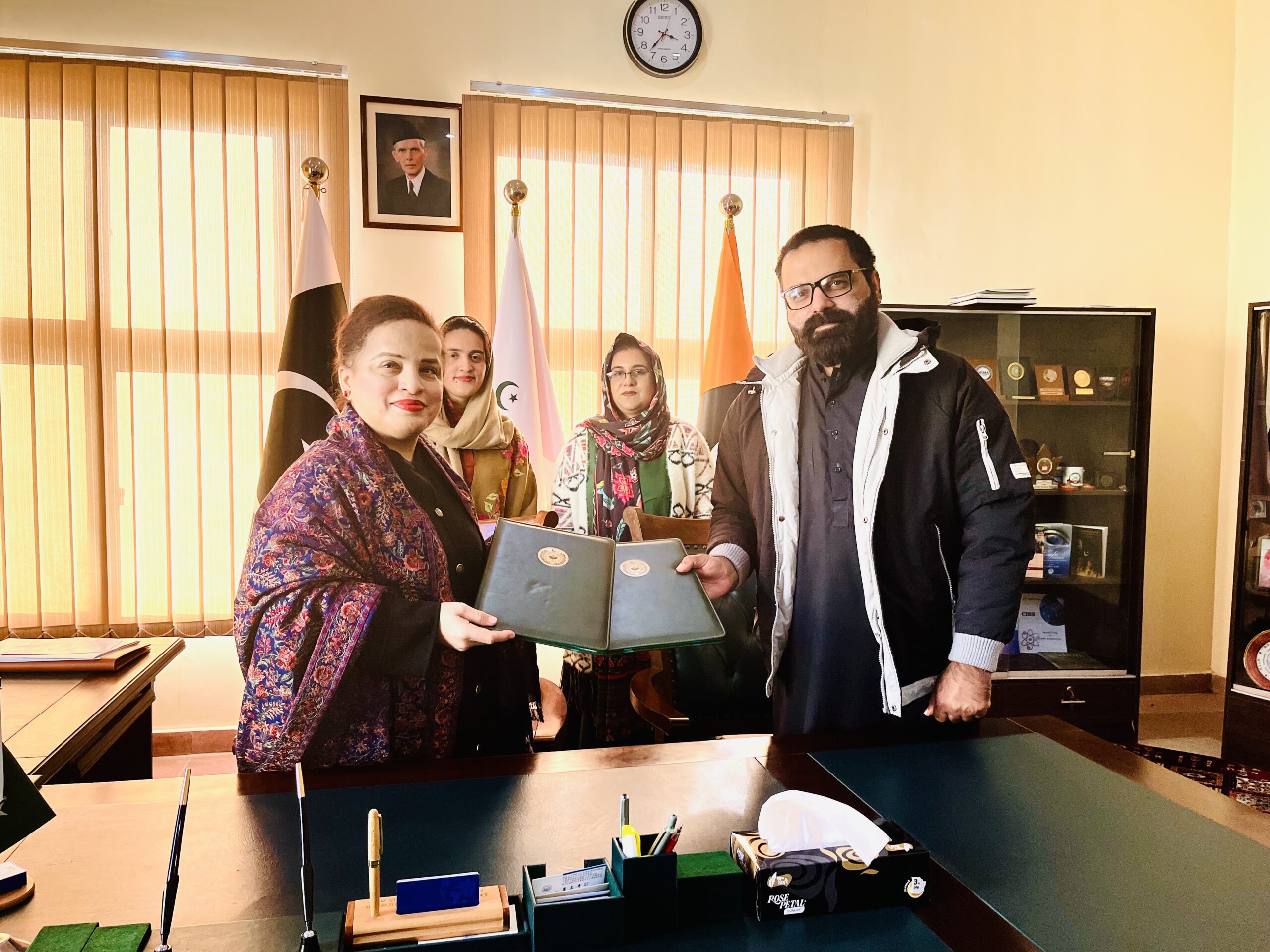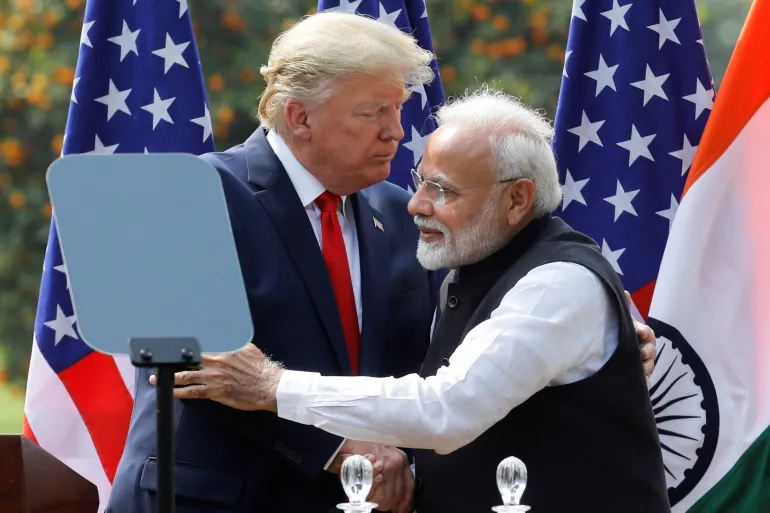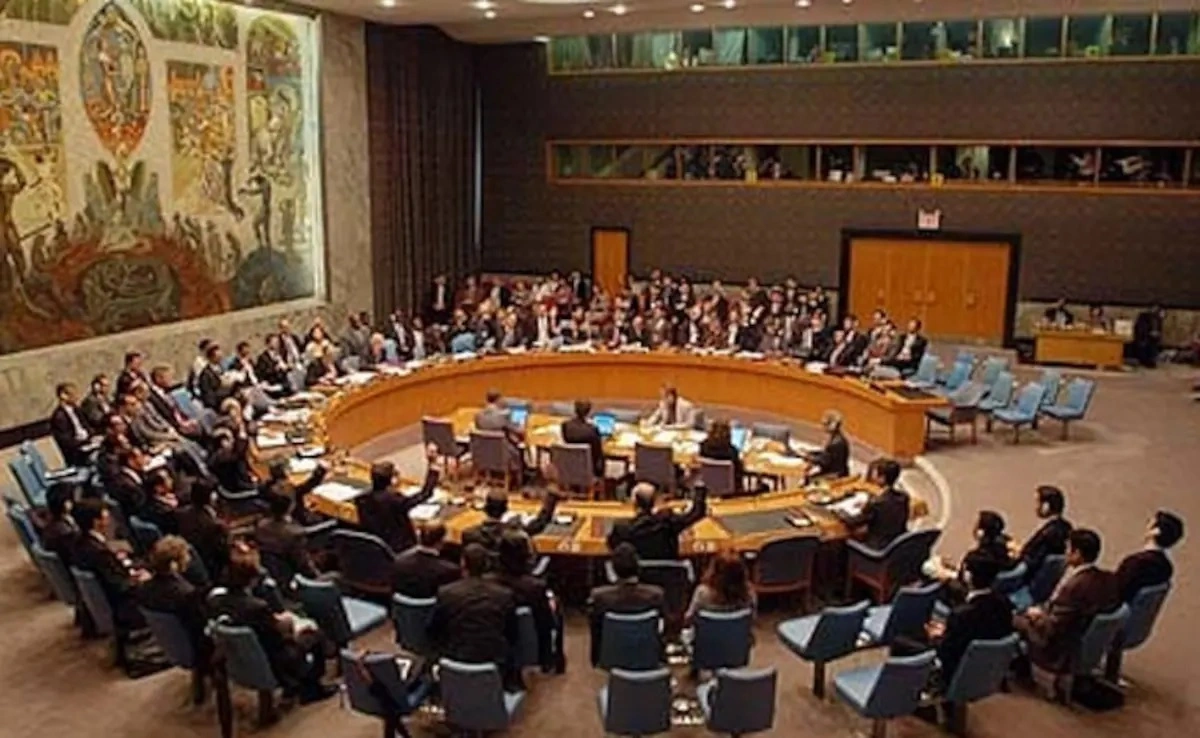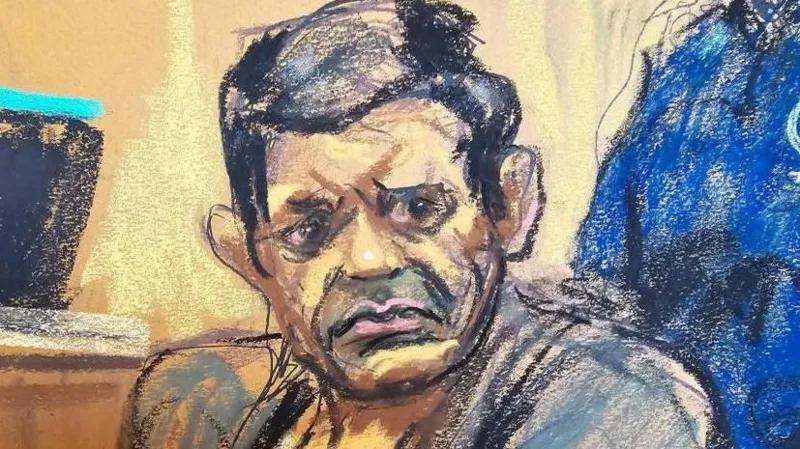The International Court of Justice (ICJ) on Monday begins hearings into Israel’s obligations towards the presence and activities of the UN, other international organisations and third states in occupied Palestine.
The case was prompted by Israeli bills outlawing the UN agency for Palestinian refugees (Unrwa) in October 2024, an event that sparked global outrage and calls for unseating Israel from the UN due to accusations that it violated the founding UN charter, particularly the privileges and immunities enjoyed by UN agencies.
The ICJ hearings coincide with Israel’s continuing its ban on humanitarian aid to the Gaza Strip since 2 March (over 50 days) and the intensification of military attacks that have killed hundreds of civilians since the collapse of ceasefire on 18 March.
It will be the third advisory opinion case since 2004 to be heard before the World Court in relation to Israel’s violations of international law.
Around 40 states, including Palestine, are presenting evidence before the court between 28 April and 2 May. Israel’s main ally, the United States, is due to speak at the Peace Palace on Wednesday, 30 April.
The hearings follow the resolution of the UN General Assembly on 29 December 2024 (A/RES/79/232), mainly lobbied for by Norway, requesting the court to give an advisory opinion on the following questions:
“What are the obligations of Israel, as an occupying Power and as a member of the United Nations, in relation to the presence and activities of the United Nations, including its agencies and bodies, other international organisations and third States, in and in relation to the Occupied Palestinian Territory, including to ensure and facilitate the unhindered provision of urgently needed supplies essential to the survival of the Palestinian civilian population as well as of basic services and humanitarian and development assistance, for the benefit of the Palestinian civilian population, and in support of the Palestinian people’s right to self-determination?”
The UNGA’s request invited the court to rule on the above question in relation to a number of legal sources, including: the UN Charter, international humanitarian law, international human rights law, privileges and immunities of international organisations and states under international law, relevant resolutions of the Security Council, the General Assembly and the Human Rights Council, as well as the previous advisory opinions of the court: the opinion of 9 July 2004 which declared Israel’s separation wall in occupied Palestine illegal, and the 19 July 2024 advisory opinion, which confirmed the illegality of Israel’s occupation of Palestinian territory and Israel’s obligation as an occupying power to uphold the rights of Palestinians.
Also See: More Than 50,000 Killed In Gaza Since Israel’s Offensive Began
‘Nowhere and no one is safe’
Swedish lawyer and diplomat Elinor Hammarskjold, who has served as the UN’s Under-Secretary-General for Legal Affairs and its Legal Counsel since 2025, opened the proceedings on Monday.
“Under international law, states are prohibited from acquiring territory by force,” Hammarskjold said in her opening comments.
She explained that, Israel is not entitled to sovereignty over the occupied territories, and that the Knesset rules and judgements against Unrwa “constitute an extension of sovereignty over the occupied Palestinian territories”.
“Measures taken on basis of these laws, and other applicable Israeli law in occupied territories are inconsistent with Israel’s obligations under international law,” she said.
She further outlined Israel’s obligations under international humanitarian law as an occupying power and obligations under the UN Charter, emphasising that it has a duty to ensure the safety of both the Palestinian people and UN personnel.
In a subsequent speech, Palestine’s ambassador to the Netherlands, Ammar Hijazi accused Israel of using humanitarian aid as “a weapon of war”.
He told the court that Israel’s efforts to starve, kill and displace Palestinians and its targeting of the organisations trying to save their lives “are aimed at the forcible transfer and destruction of Palestinian people in the immediate term”.
In the long term, he said, “they will also ensure that our children will suffer irreparable damage and harm, placing an entire generation at great risk”.
Irish lawyer, Blinne Ni Ghralaigh, who is representing Palestine, outlined Israel’s obligations as a UN member, including its obligations to cooperate with the UN and to protect its staff and property, as well as to ensure the fundamental rights of the Palestinian people, and to abide by UN resolutions and court orders.
“Israel’s violations of these obligations are egregious and ongoing,” Ghralaigh told the court.
She said that the Secretary-General’s decision to reduce the UN’s footprint in Gaza followed days after Israel renewed its assault on the enclave on 18 March 2025 when it killed almost 500 Palestinians within 24 hours and attacked a UN compound.

“The United Nations itself cannot keep its staff in Gaza safe from Israel, because nowhere and no one is safe,” Ghralaigh said, adding that the last 18 month have been “the deadliest ever in the history of the United Nations,” with over 418 aid workers killed in Gaza.
Quoting the NGO Medicins Sans Frontieres, she said that “Gaza has been turned into a mass grave of Palestinians and those coming to their assistance”.
Ghralaigh further said that Israel is “intentionally and egregiously” violating Article 2 (5) of the UN Charter which stipulates that “all members shall give the United Nations every assistance in any action it takes in accordance with the present charter”.
She added that it is also breaching its obligations to protect UN premises and respect the privileges and immunities of UN officials.
“Those obligations are unqualified and apply both in times of peace and conflict,” Ghralaigh said.
Palestinian self-determination
Ardi Imseis, professor of international law, spoke about the importance of Unrwa and Israel’s obligations towards the organisation.
“The evidentiary record shows that Unrwa is not just any humanitarian aid organisation,” he said.

“It is organically linked to the unique role played by the United Nations and the question of Palestine since 1947, in particular the plight of the Palestine refugees,” he added.
Imseis said Unrwa’s presence is intrinsically linked to the Palestinian people’s right to self-determination, given its significance for their economic, social and cultural development.
“It is because of Israel’s prolonged violation of the inalienable rights of the Palestinian people to return to self-determination, indeed to freedom, that the need for Unrwa is as pressing today, if not more so, than it was in 1949.”
This news is sourced from Middle East Eye and is intended for informational purposes only.

![ICJ hears case on Israel's obligations to UN, aid groups, and third states in occupied Palestine amid Gaza crisis. [Image via AP]](https://southasiatimes.org/wp-content/uploads/2025/04/ap25118301840469.webp)
![Prime Minister Narendra Modi with External Affairs Minister S. Jaishankar at an official event. [Photo Courtesy: Praveen Jain via The Print].](https://southasiatimes.org/wp-content/uploads/2026/02/20-scaled-e1755601883425-1024x576-1.webp)



